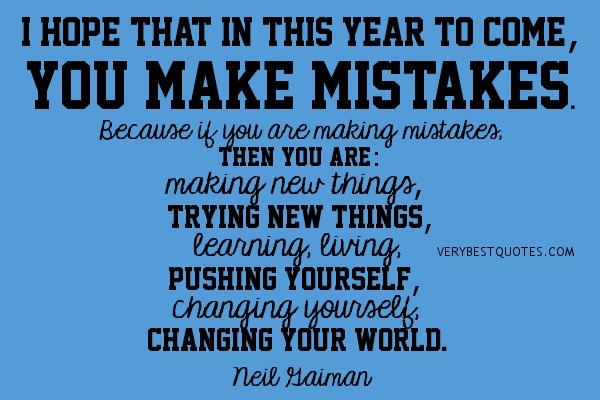This piece in the Guardian says that the government in India is trying to push out international NGOs with the specific aim of suppressing human rights abuses in the country.
This article feels tired.
It assumes that international NGOs are inherently altruistic and seek to serve people and those who are very vulnerable. Yet, it is well-known that international organisations serve donor interests and literally have to account for all their actions in rigourous monitoring and evaluation frameworks. So, it is naive to think that NGOs might not also push the donor perspective (see US or UK government or corporate foundation etc) on local people and culture.
Furthermore, the article doesn't dig deep enough into the real problem, which is equity and justice. Yes, we may need NGOs to counterbalance Government and provide an outlet for complaints and enforcement of justice and yes, we may need international ones that are based abroad on outside resources and so are not liable to be captured by local powerful elites but, the real question is who counterbalances the international NGO? Who handles the limits of power that international NGOs have on local communities? In the protection of people, how do we prevent capture by foreign elites? Why do we need international NGOs to protect local communities anyway? Where is the mechanism that helps them do that for themselves?
It would be 'nice' if NGOs were actually people-driven and people-funded but they are not. People can be powerless, marginalised and poor and don't have the resources to have their own powerful NGO. An international donor isn't the only answer to this.
Further thinking:
- What are non-international NGOs in India already doing to address human rights abuses?
- What do Indian actors say is needed in human rights?
- What is the value of international solutions for the human rights issue in India? (Beyond simply... Foreigners do human rights better than Indians)
- What examples do we have of communities already protecting themselves from elite interest?




